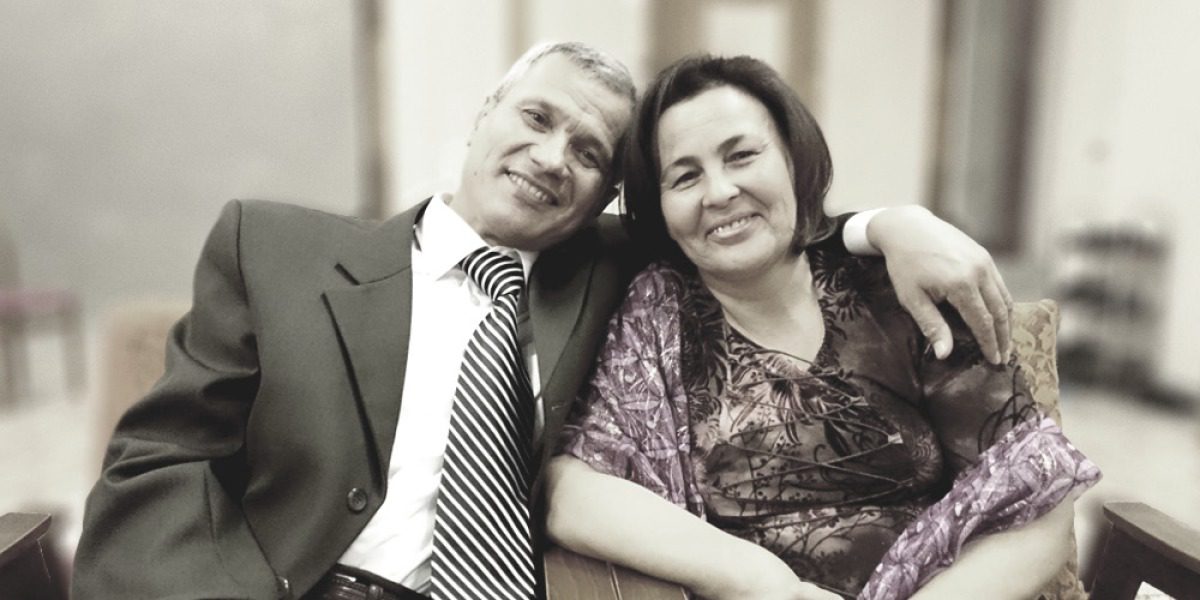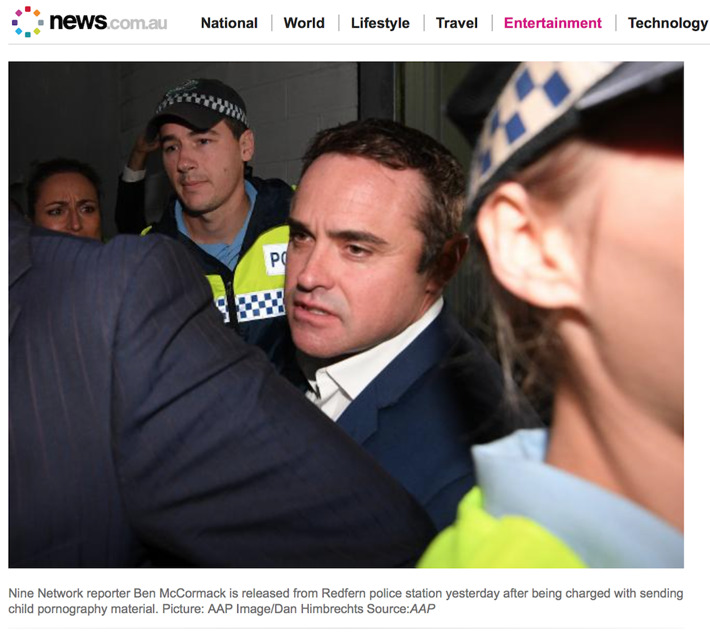Citizens often turn to the European Parliament to ask what the European Union (EU) is doing to fight disinformation and the ‘infodemic’.
A growing number of governments, as well as foreign and domestic non-state actors such as extremist movements, are using increasingly sophisticated techniques, including algorithms, automation and artificial intelligence to spread disinformation (meaning deliberately deceptive information) in Europe. With the war in Ukraine, foreign and particularly Russian actors are increasingly interfering in the media and on social networks. One of their main aims is to create confusion and polarise society, thus undermining democracy. The EU has stepped up its efforts to protect its democratic processes from manipulation.
Action taken by the European Parliament
The European Parliament has consistently pushed for a joint European response to disinformation and called for more resources to fight disinformation in EU countries and its neighbourhood. It has done so via its budgetary powers, as well as through hearings and resolutions (further details are available here).
In a resolution of March 2022, based on the work of a Special Committee on Foreign Interference in all Democratic Processes in the European Union, including Disinformation (INGE), Parliament acknowledges that the EU’s lack of awareness and counter-measures makes it attractive to interference by malicious foreign actors, endangering democracy. It therefore calls for:
- a common strategy and a series of specific measures, such as, banning Russian propaganda channels and requiring platforms to do their part to reduce information manipulation and interference,
- more public funding for independent, pluralistic, and widely-distributed media and fact-checking institutions,
- preventing foreign actors from hiring former high-level politicians.
In March 2022, Parliament set up a new special Committee on Foreign Interference (INGE2). The committee will identify gaps in EU legislation that could be exploited for malicious purposes. It will have a year to present its recommendations.
The European Parliament’s anti-disinformation team monitors and analyses disinformation, cooperates with other institutions and civil society, and organises training and awareness raising activities. The unit can be contacted at [email protected]. The Parliament also has a webpage on ‘How to fight disinformation‘ and shares in-house research as well as information on media literacy and reliable sources through its social media channels.
Action taken by the EU as a whole
The EU’s 2018 action plan against disinformation and the 2020 European democracy action plan have resulted:
- more support, including funding and training, for quality journalism and media literacy,
- a code of practice on disinformation (see related Q&A) between leading social networks, online platforms and advertisers. The signatories commit to employing best practices against disinformation, taking down fake accounts and reporting on their actions. In May 2021, the Commission published guidance to strengthen this code – more information in this press release),
- a digital services act, proposed by the European Commission in December 2020. This aims to create a safer digital space in which the fundamental rights of all users of digital services are protected (more information here).
- the InVID project (which stands for ‘In video veritas‘ – or ‘In video, there is truth’), partly funded by the EU. The project aims to tackle the problem of fake videos on social media, which spread conspiracy theories and other falsehoods. The platform allows users to carry out a reverse image search of videos to detect whether the images have been used in a different context and/or manipulated.
- an EU-supported Social Observatory for Disinformation and Social Media Analysis (SOMA), bringing European fact-checking organisations and researchers together to fight against disinformation.
Action taken by the European Council
Faced with the threat of Kremlin disinformation campaigns, the EU set up an ‘East Strat Com Task force‘ in March 2015. The Task Force exposes false claims from actors close to Russia that seek to undermine the EU and manages a debunking site called ‘EUvsDisinfo‘.
Further reading
- How to spot when news is fake, animated graphic available in all EU languages, European Parliamentary Research Service (EPRS), February 2019
- Trump’s disinformation ‘magaphone’: Consequences, first lessons and outlook, Briefing, European Parliamentary Research Service (EPRS), February 2021
- Foreign interference in democracies, Topical Digest, Special Committee on Foreign Interference in all Democratic Processes in the European Union, including Disinformation (INGE), September 2020
- The sharp power of knowledge: Foreign authoritarian meddling in academia, Study, European Parliamentary Research Service (EPRS), December 2019
- Regulating disinformation with artificial intelligence, Study, European Parliamentary Research Service (EPRS), March 2019
Keep sending your questions to the Citizens’ Enquiries Unit (Ask EP)! We reply in the EU language that you use to write to us.







